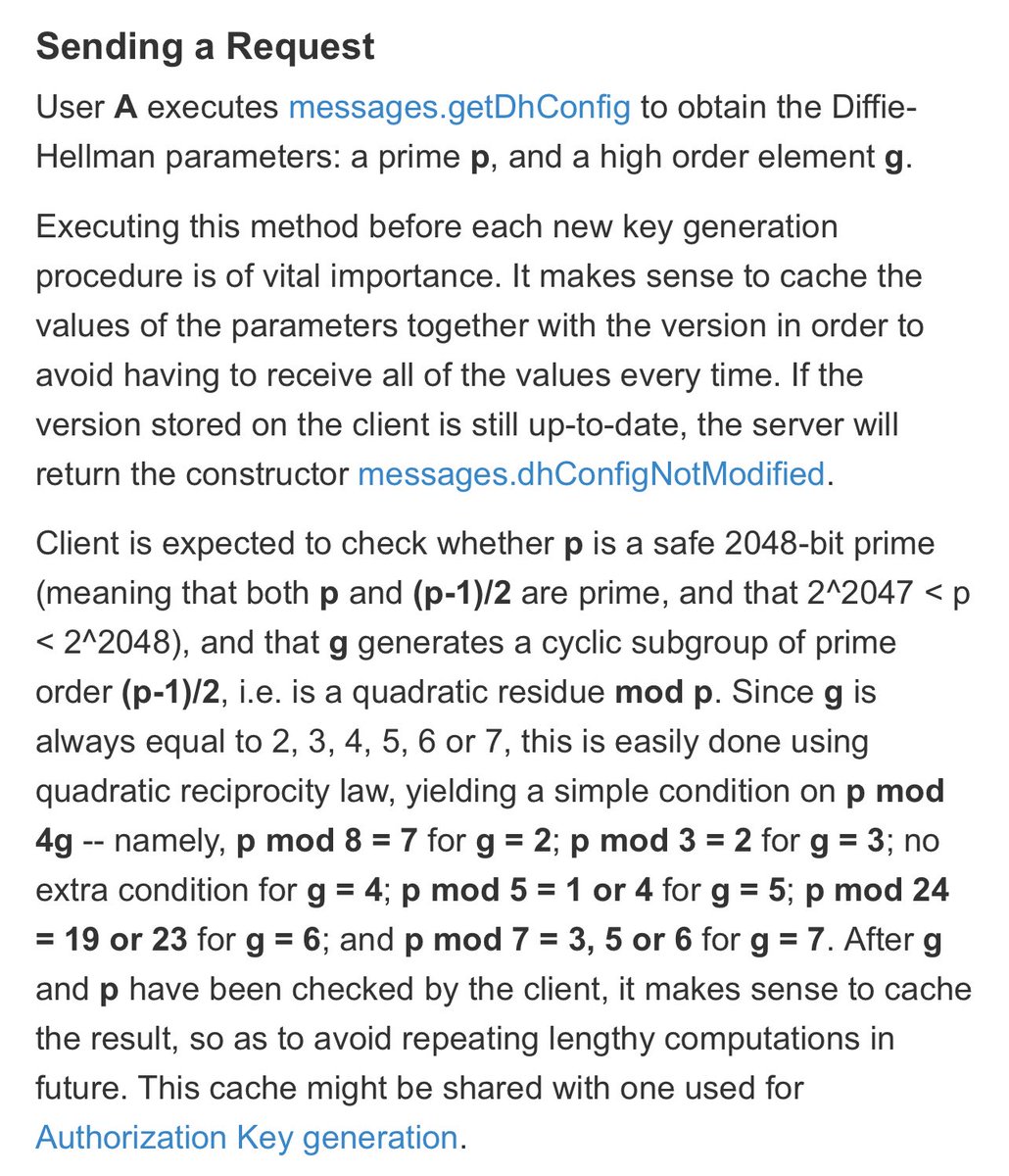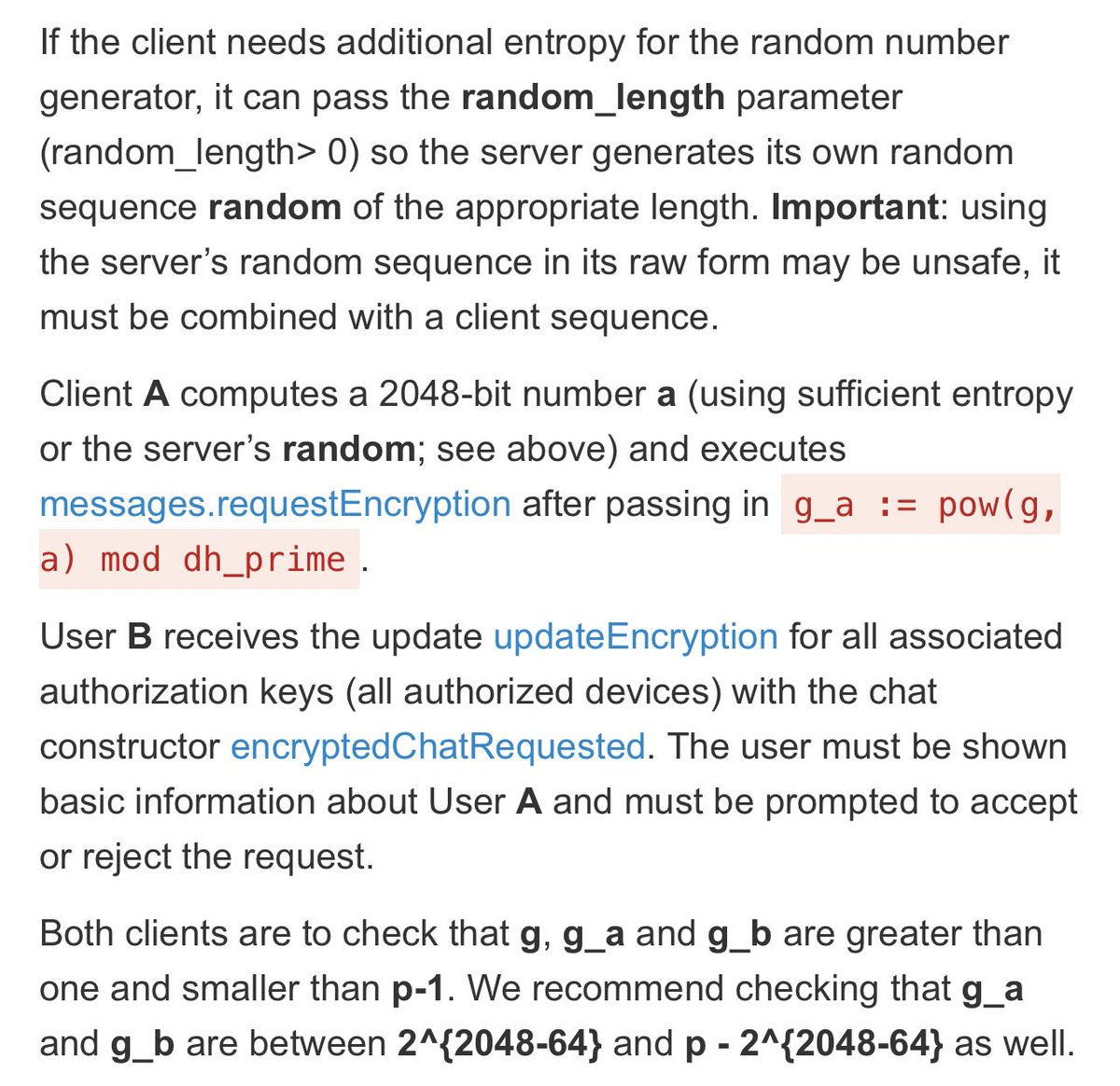
I’ve belatedly come to believe that we blew it by focusing on secure messaging, while Silicon Valley quietly built their unencrypted backup infrastructure and doomed most of our efforts.
https://twitter.com/andreavbasso/status/1479143532342517765
I think people at Apple knew this back in ~2014, which is why they threw so much effort into an (ultimately doomed) effort to deploy end-to-end encrypted iCloud backup. But they were too late.
By the time they got close to deploying it, governments had realized the value of what Apple (and Google) had built. There was no way they were going to let that resource be taken from them.
Apple’s photo scanning plan last summer was the first push to mobilize that backup repository for mass surveillance (of genuinely bad people), and perhaps Apple’s attempt to strike a limited bargain.
I’m still curious what’s in the future for backup. I’m optimistic that Google has deployed some end-to-end encryption in Android Backup, but not enough. WhatsApp has also done this. Apple’s content scanning plans make me doubt they’ll ever do encrypted backup now.
• • •
Missing some Tweet in this thread? You can try to
force a refresh








